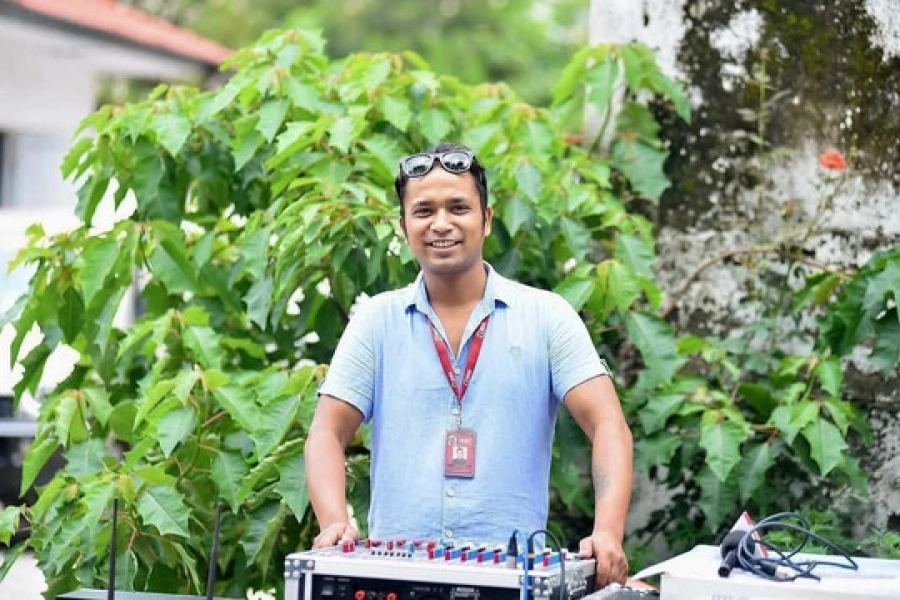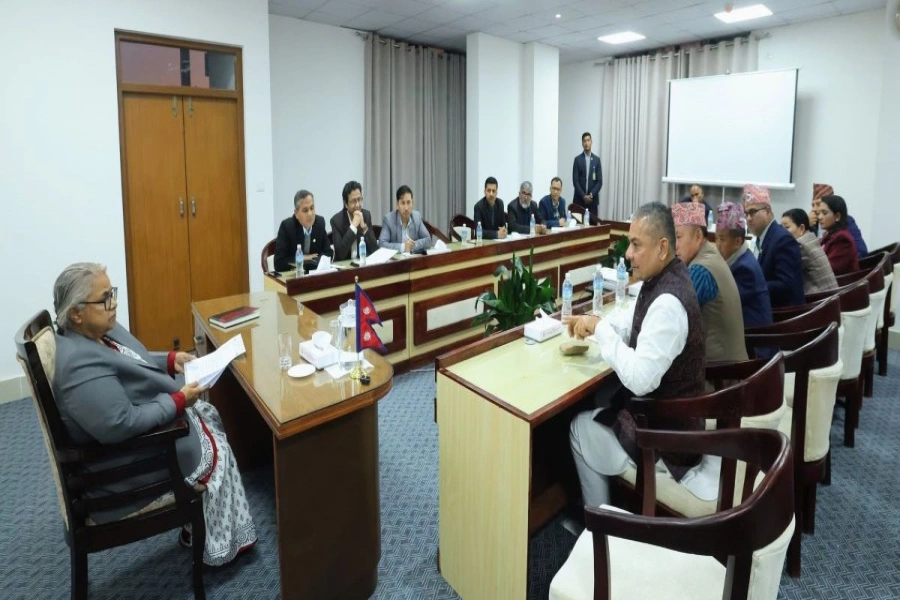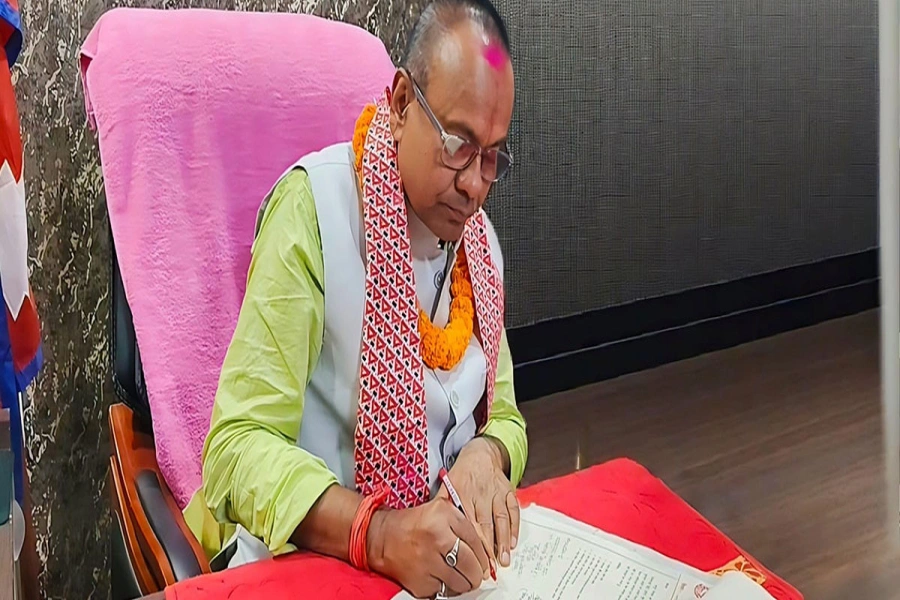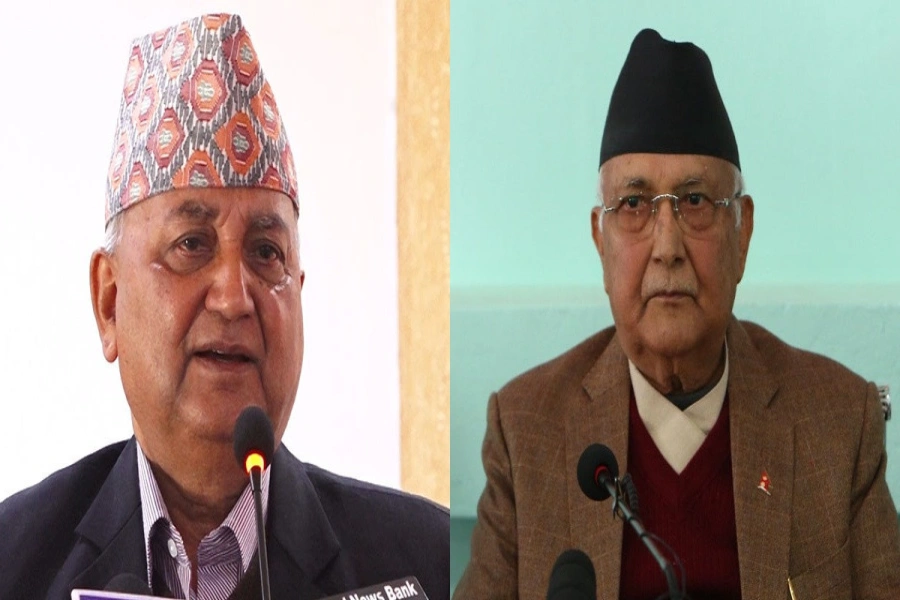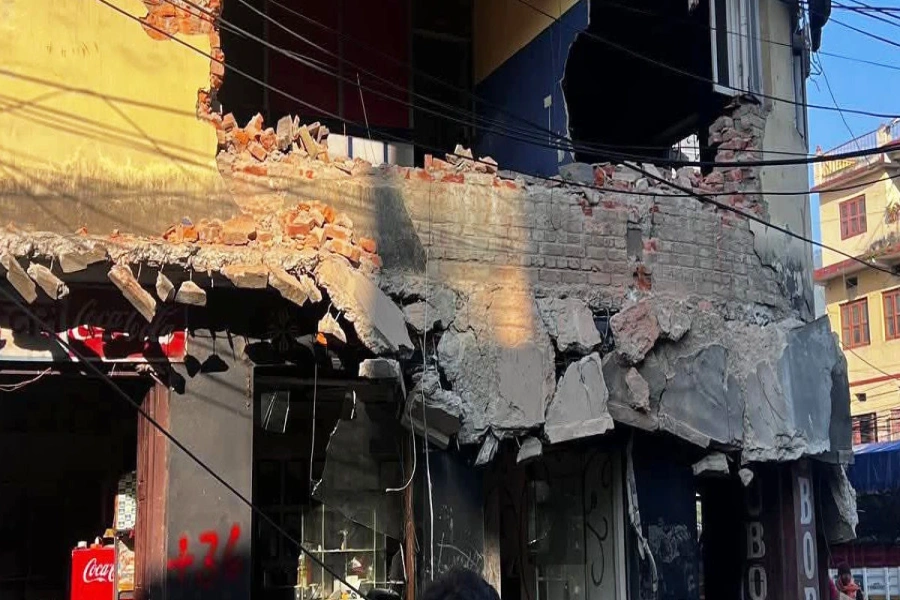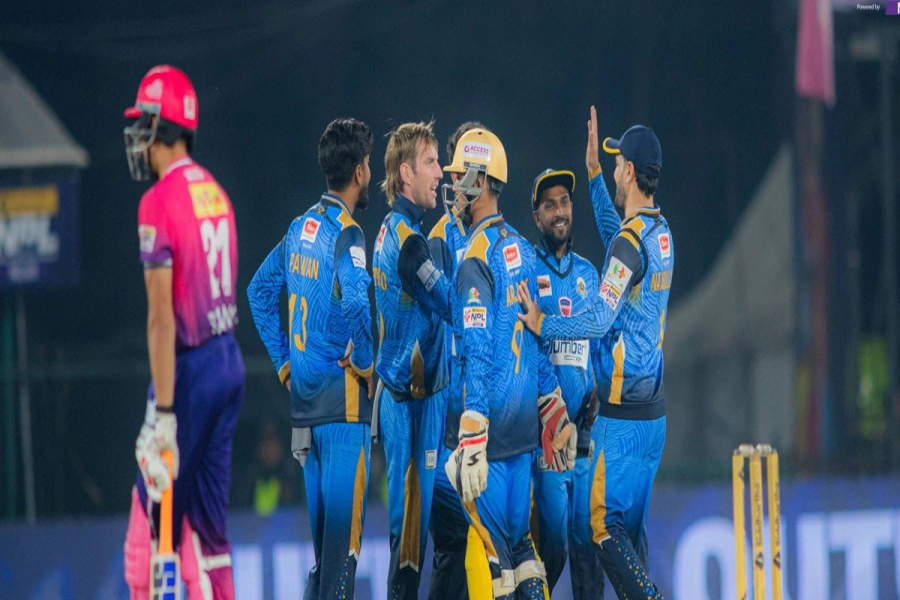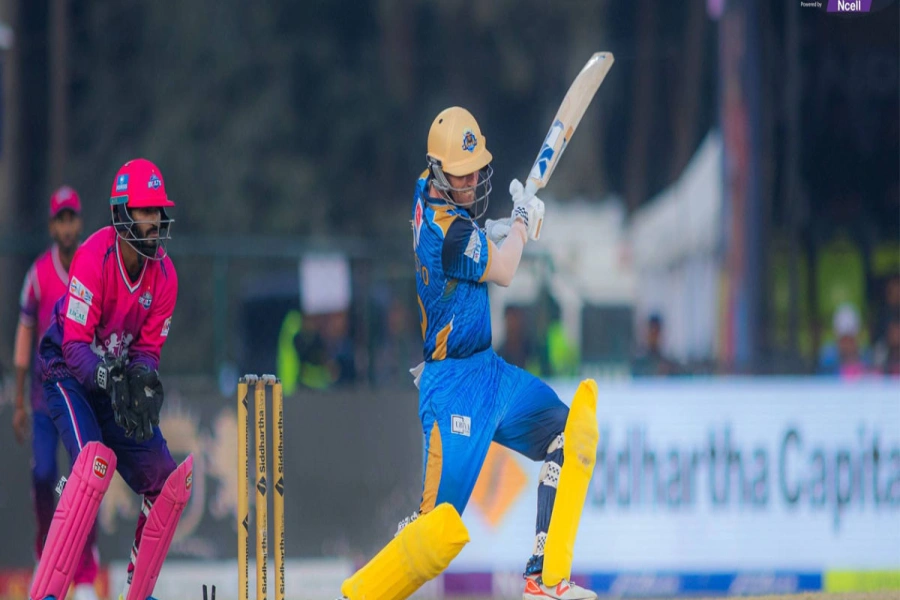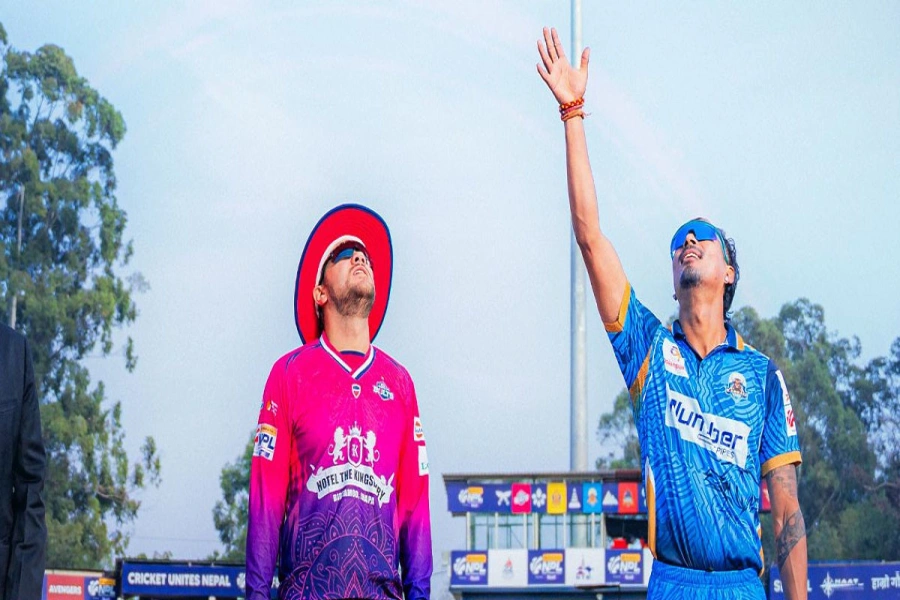How good Diego Maradona would have been without drugs, with referee’s protection, the dreamy football pitches, science and nutrition.
June 8, 1990 was the first time I saw Diego Armando Maradona play football. Defending champions Argentina were beaten by a robust Cameroonian outfit at the opening match of Italy 1990 World Cup. I don’t remember much of the match apart from being glued to the TV and drawing in my mind the geometry Diego was drawing. Although past his prime, Diego took a mediocre team to the final beating the perennial favorites and rival Brazil on the way. I may have seen Diego for the first time that day, but I’d like to believe I had seen him in me, in that kid I played football against and also my primary grade teacher with a chip on his shoulder.
He was most cheated
Only 11, but Diego had been talked up in the national press. Jonathan Wilson, from the Guardian, writes of young Diego “his teeth had worn out from eating stale bread.” Maybe it was the no running water or no electricity during his childhood that led him to excess in future. Perhaps without his excess, we don’t have the genius. Both his excess and genius were displayed against England in 1986 World Cup quarter-final.
It was a symbolic revenge for the Falklands four years prior and also Argentina had always been at the wrong end of colonial relationship with England. Early twentieth century Argentina was a mixture of immigrants of different cultures with football and perhaps music to unite them. Diego had become a cultural icon.
Heart to Heart with Malvika

One of the major sports tabloids in England headlined ‘where was VAR when we needed it the most?’ in reference to the ‘hand of god’. Football purists insist if they’d been kicked and elbowed throughout the match like Diego was, they’d have definitely used their hands to score just like Diego—and get away with it. Diego likened it to divine intervention as a watershed moment of England-Argentina relationship when he claimed it was the hand of God that did it not him.
John Barnes, who came off the bench in that match for England thinks similar too: “I created a chance at the end where we could have equalized. But even if we’d made it 2-2, Diego would have created something magical because he was destined to win the cup for Argentina.”
Barnes’ teammates Peter Reid and Peter Shilton to this day are bitter about hand of god. It’s the same English who branded Pakistani greats Wasim Akram and Waqar Younis ‘cheats’ for using reverse swing bowling in favorable pitches in the UK in the early noughties. And isn’t it ironic that their own James Anderson, who has been exceptional exponent of the reverse swing, has helped England be formidable at home in the last decade? Tim Vickery of BBC South Americaonce said “I can’t think of anyone who has been more brutally cheated against than Diego.”
Another great that has often been compared to Diego is Mike Tyson. Tyson once said “Diego and I are similar because of where we came from.” Both were born into impoverished neighborhoods that they had to relinquish for greatness. Just like Diego, Tyson was accused of excess, of the indulgence. By the time Diego had secured a world record transfer to Barcelona FC in 1982, he’d already started his affinity for Cocaine that would last a lifetime. The world record transfer fee would be subsequently broken by his transfer again this time to the hopeless Italian football club Napoli two years later.
Greatest by a country mile
Critics of Diego are keen to point out his life style of alcohol and drug abuse as well as his promiscuity deteriorated his body and longevity. However, they consign to oblivion that the playing conditions were horrible to say the least and indubitably contributed to his demise physically. In 1983, when playing for Barcelona, Atletico Bilbao’s defender took out Diego from behind—Diego said the ankle breaking sounded like wood breaking. The injury almost ended his career. Prior to moving to Barcelona, he’d gotten himself sent off against Brazil in the 1982 World Cup and with the broken ankle, he was at a crossroad. His dependence of Cocaine grew more along with the occasional cortisol to alleviate pain.
Nonetheless, with his transfer to southern Napoli Football Club, when Italian football was being bossed by Northern cities, there was a hope among destitute fans. What Diego went on to achieve for his beloved Argentina and his adopted Napoli in the next five years was nothing short of a miracle—his time in Italy itself, with his connection to the Mafia, is an incredible read. When still playing for Napoli, he asked the city of Naples to support Argentina instead of Italy in the World Cup semi-final at 1990. That’s when I’d like to believe that he had become a Saint. Diego for Naples as they supported Argentina. For the people of Naples who’d been looked down by the rest of Italy, it wasn’t hard to cheer for their Saint.
People who call him cheater need to clearly look at themselves—Diego never took performance enhancing drugs. When he was retired, the Argentina Football Association and the fans pleaded Diego to join the 1994 World Cup where he tested positive for ephedrine, a substance used to lose weight as cries for his comeback convinced him to don the light blue and white of Argentina. He was born into poverty and when he made money, off the pitch he was cheated left and right with all the people around him for the wrong reasons, while on the pitch he was a marked man and subjected to relentless and excessive tackling.
Diego’s crowning moment came when he lifted the World Cup for the Albiceleste, but the highlight surely has to be his second goal against England. Gary Lineker who scored in that match for England recalls: “the pitch in that Aztec stadium was awful, it was put together by smaller pieces of turf where you put a foot down and the turf would sink and disappear.” For Diego to make that pivot on the half-way line and go past players like he did, I almost wanted to applaud because he was the most gifted player ever.
Like you and me
Diego is relevant more now than ever for he represented the anti-establishment. He’d called the FIFA out long time before people came to know how grossly and corruptly it was run. He is the reason why skilled players got protection when tackle from behind was banned. He had the audacity to score with his hand against the football establishment—against those who thought they were too good to play in the first three World Cups.
The last time, I saw Diego play competitively was for Argentina in 1994 World Cup match against Greece. Yet I have seen him every day when I see a child doing keepy-ups in narrow alley, in everyday cold mundane conversation or local footballers for whom it’s always a struggle. I can only lament how good Diego would have been without drugs, with referee’s protection, the dreamy football pitches, science and nutrition. He would have made a mockery of the statistics that these so-called football people are obsessed about.
Diego once said “I want to be born as Diego Maradona again because I give people joy.” And fans reciprocated. Some years ago, an Argentinian player was getting booed every time he touched the ball by his supporters. Diego, then the coach of the national team, looked at the crowd and encouraged them to clap instead. That player was cheered throughout. No wonder for whole of Argentina Diego is more popularly known as D10S (dios as in God)
For me, the most beautiful thing about the most beautiful player ever was he lived his life like he played. He lived his life like one of his mazy dribbles weaving in and out of a straight path which makes him human just like you and me.





